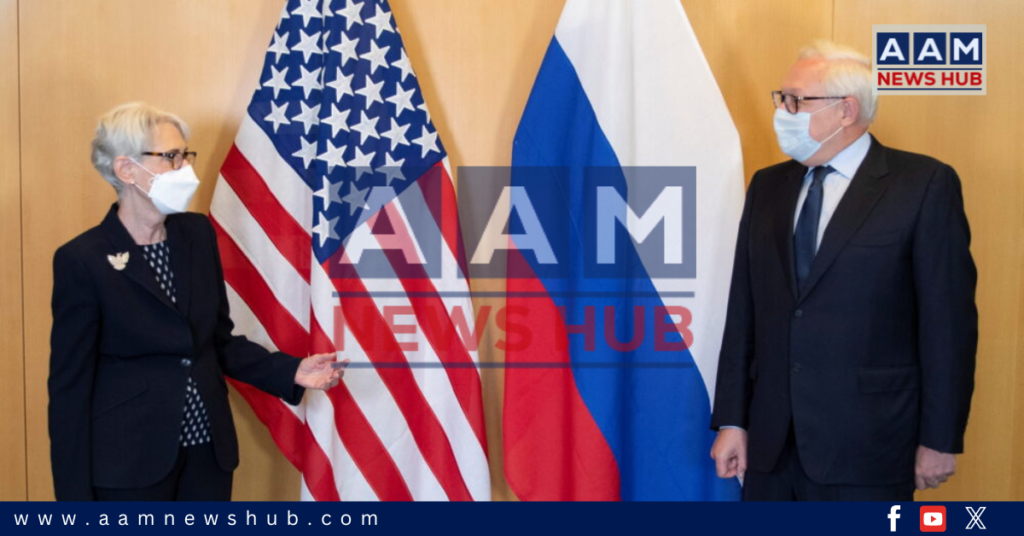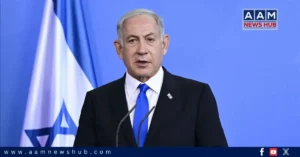Russia and United States disagreed at the United Nations about nuclear arms in space.

Russia and the United States disagreed at the United Nations about nuclear arms in space
On Wednesday, April 24, 2024, Russia rejected a United States (US) enlisted United Nations Security Council (UNSC) proposal demanding that countries avoid a weapons competition in the universe. The decision came when Washington warned Moscow of creating an (anti-satellite) nuclear weapon to be placed in orbit, something Russia has refused.
Russian President Vladimir Putin has stated that Moscow opposes launching atomic weapons in space. “The present-day rejection raises the question: why? Why, if you are obeying the rules, would you certainly oppose an initiative that reinforces them? “Exactly what might avoid you hide?” Linda Thomas-Greenfield, the United States Ambassador to the United Nations, informed the council security following the decision. “It’s strange, plus it’s a waste.”
On the other hand, Russian United Nations Ambassador Vassily Nebenzia criticized Washington for attempting to spread Moscow and even confirmed that Russia is soon to start discussions together with members of the council on its own proposed decision-making that focuses on keeping space calm. “We look for an absolute ban on the launch of any weapon in deep space, which includes weapons of massive disaster. Maybe you aren’t interested in that. Allow me to ask you a similar question: Why?” Vassily Nebenzia questioned Thomas-Greenfield in the council. Following almost (6) weeks of discussions, both the United States and Japan voted on the proposed agreement.
Read More: At the end of the year 2025, Tesla might begin selling Optimus robots
It achieved a majority of (13) votes in favor, with China boycotting and Russia placing an objection. Earlier, the Security Council cast votes on the United States’ prepared text. Russia and China suggested changing it by including a call on every member state “to avoid for forever the installation of weaponry in outer space as well as any threat or application of require in outer space, coming from space towards Earth, or even from Planet Earth in opposition to opposes in outer space.”
The council cast votes on the proposal changes, but it did not pass. It earned (7) votes in support, (7) votes against, and (1) boycott. The United Nations statement would have highlighted the duty of signing the Outer Space Treaty (OST) and asked governments to “directly support the goal of secure use of outer space as well as to the avoidance of an outer space weaponry competition.” The Outer Space Treaty signed in 1967 restricts members, notably Russia and the United States, from installing “in orbit surrounding the Earth anything that might be holding nuclear weapons or even different kinds of weapons of massive disaster.”




